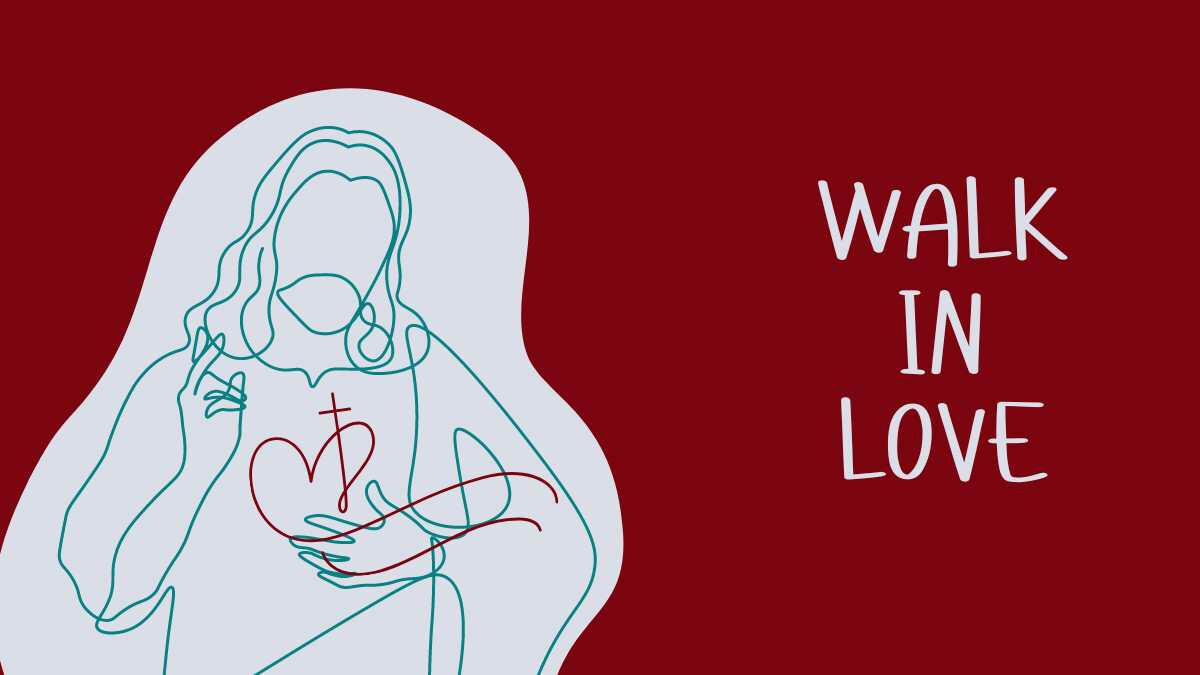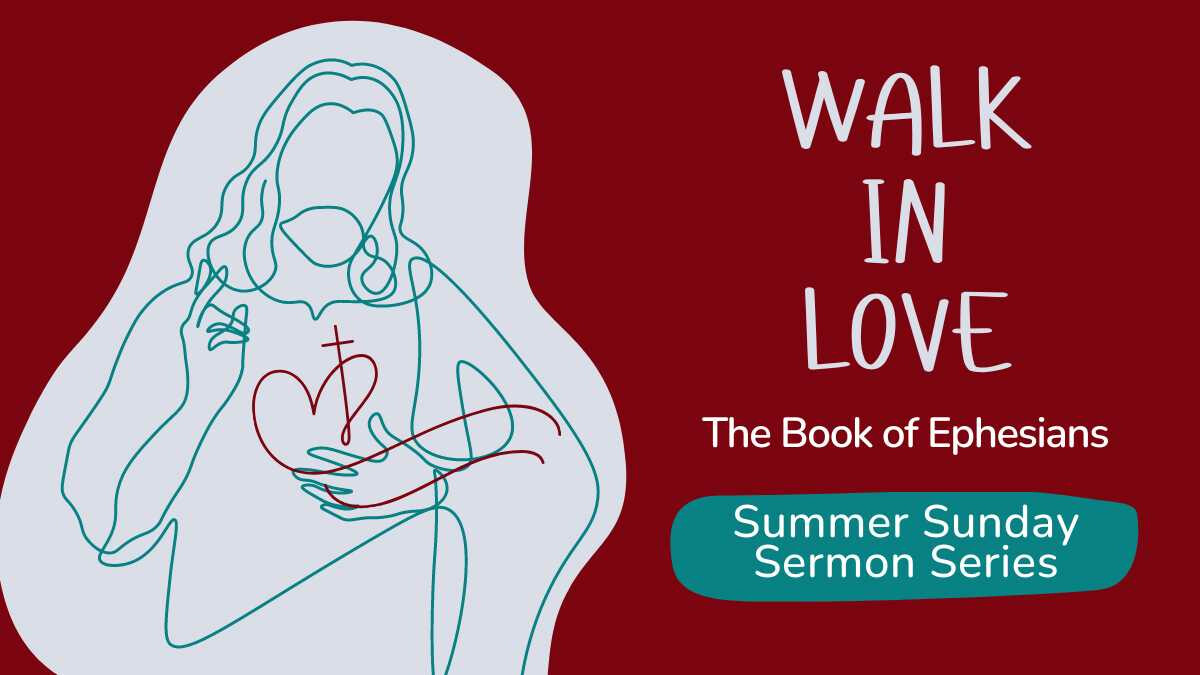
Day 56
“Slaves, be obedient to those who are your masters according to the flesh, with fear and trembling, in the sincerity of your heart, as to Christ; not by way of eyeservice, as men-pleasers, but as slaves of Christ, doing the will of God from the heart. With good will render service, as to the Lord, and not to men, knowing that whatever good thing each one does, this he will receive back from the Lord, whether slave or free.” Ephesians 6:5-8
The Slavery Controversy and the Biblical Record
Biblical passages on slavery present a challenge to the modern Christian. Through the lens of our American context, slavery was certainly a horrific blight on our history. Many of the ardent defenders of this evil often used biblical passages to defend the practice of slavery. In the Biography of Fredrick Douglass, he recalled slave owners who were particularly cruel and even murderous, also playing significant roles in their local evangelical church. Douglass noted the irony of slave owners committing such evil while simultaneously espousing the life of Jesus. As believers, we must acknowledge that the Bible makes concessions for all sorts of legal and civil matters without necessarily giving an endorsement to the act or its abuses. In other words, the Bible instructs Israel on the issue of slavery while also instructing Israel on what to do if someone steals a horse or wants a divorce. Instruction on a topic does not necessarily give a stamp of blanket endorsement of the practice. In Exodus 21, where slavery in Israel is initially codified in the Law, there are significant restrictions God placed on slavery in Israel when compared to the surrounding nations. Additionally, Exodus 21 also contained what to do in the event of murder. Codified legal systems do not equate to endorsement. God does not condone the murder of one Jewish person of another just because there is codified Mosaic Law. Also, in the New Testament, Jesus doesn’t confront the social injustice of slavery. However, Jesus opposed religious injustice by verbally sparring with the religious authorities and by turning over the tables in the temple. So Jesus did confront aspects of injustice, especially by those representing God to the people. However, Jesus refused to rebuke the governmental tyranny of Roman occupation and taxation. Jesus told Jewish people to carry the backpack of the Roman soldier for two miles instead of just the one mile required by Roman Law. And when it came to Jews funding the evil Roman government He said this when questioned about taxation. Show Me the coin used for the poll-tax.” And they brought Him a denarius. And He said to them, “Whose likeness and inscription is this?” They said to Him, “Caesar’s.” Then He said to them, “Then render to Caesar the things that are Caesar’s; and to God the things that are God’s.” Matthew 22:19-21 Jesus chose to battle religious injustice but left social injustice as outside of His transformational calling. Ironically, both slavery and the Roman Empire fell due to Christianity in Europe and Asia Minor. Both slavery and Rome fell as Christian influence grew.
In terms of permitted but not endorsed behaviors, Jesus acknowledged that some things were permissible under Mosaic Law but only because people are sinful, not because God endorsed it. Matthew 19:3-8 Some Pharisees came to Jesus, testing Him and asking, “Is it lawful for a man to divorce his wife for any reason at all? And He answered and said, “Have you not read that He who created them from the beginning made them male and female, and said, ‘For this reason a man shall leave his father and mother and be joined to his wife, and the two shall become one flesh’? So they are no longer two, but one flesh. What therefore God has joined together, let no man separate. They said to Him, “Why then did Moses command to give her a certificate of divorce and send her away?” He said to them, “Because of your hardness of heart Moses permitted you to divorce your wives; but from the beginning it has not been this way. An accommodation for our struggle with sin does not mean God endorsed the outcome. God would prefer all married people to be able to remain married. In a perfect universe that would be the result. However, we do not live in a perfect universe so things like divorce and slavery can and do occur.
All humans have intrinsic value because they are made in the image of God, whether slave or free. Genesis 1:26-27 Then God said, “Let Us make man in Our image, according to Our likeness; and let them rule over the fish of the sea and over the birds of the sky and over the cattle and over all the earth, and over every creeping thing that creeps on the earth.” God created man in His own image, in the image of God He created him; male and female He created them. Mosaic Law, which opens with a divine affirmation of human dignity due to all people being made in the image of God, allowed for slavery but was quite distinctive from the slavery in the culture. This doesn’t mean that there were no objectionable standards, but God reformed the practice for Israel for much better treatment of slaves.
The New Testament also provided for a radical, new worldview concerning slaves within the New Testament church. Colossians 3:10-11 days, “put on the new self who is being renewed to a true knowledge according to the image of the One who created him— a renewal in which there is no distinction between Greek and Jew, circumcised and uncircumcised, barbarian, Scythian, slave and freeman, but Christ is all, and in all.” In Christ there is no distinction. In the culture at large, there was a huge distinction. Slaves were property. Being a slave functioned in a way that greatly reduced the intrinsic value that God had placed on a person. As Christians, we should mourn the role Christians have played in propagating such evil and we should affirm in our personal lives this fundamental doctrine of the dignity and intrinsic value of all people.
The ultimate expression of human intrinsic value can been seen in the recreation God does in His work of salvation. God freed Israel from bondage in Egypt and Babylon. God freed us all through the work of Christ. “It’s for freedom that Christ set you free.” (Gal 5) “Who the Son sets free, is free indeed.” (John 8) God takes sinners, in bondage to sin and death, and sets us free through the life, death, and resurrection of His Son. We were all slaves due to our sin. We are all free due to His grace. In Christ there is neither slave or free, but we are children of God. As His children, we will dwell in the house of the Lord forever in freedom.
Application of this passage for our time and culture directs our attention to the more immediate American context of work. How are we to handle our employment? Though modern slavery has almost entirely been eradicated in American life, most of us still work for a boss. This text gives us great guidance on how we are to work. Ultimately we work for Jesus and not any human boss. The human boss gives us our tasks, but we should view this as if Jesus Himself were directing us through that human boss. Notice Paul addressed both actions and attitude. We are to work with a sincerity of heart while doing obediently the tasks given to us. A Christian work ethic includes the heart for doing our work as if Jesus gave the orders. “What would Jesus do?” Is a popular Christian slogan. In this case, “what would I do if Jesus were giving me direct instructions on my workday?” We bear witness to the lordship of Jesus in our workplace. The believer should labor in ways that reflects who the true Master of our lives is.
Suggested Prayer: Help me to honor You in all of my work. Take my hands and my feet, my mouth too, and use me to bring praise and honor to Your name.



Login To Leave Comment